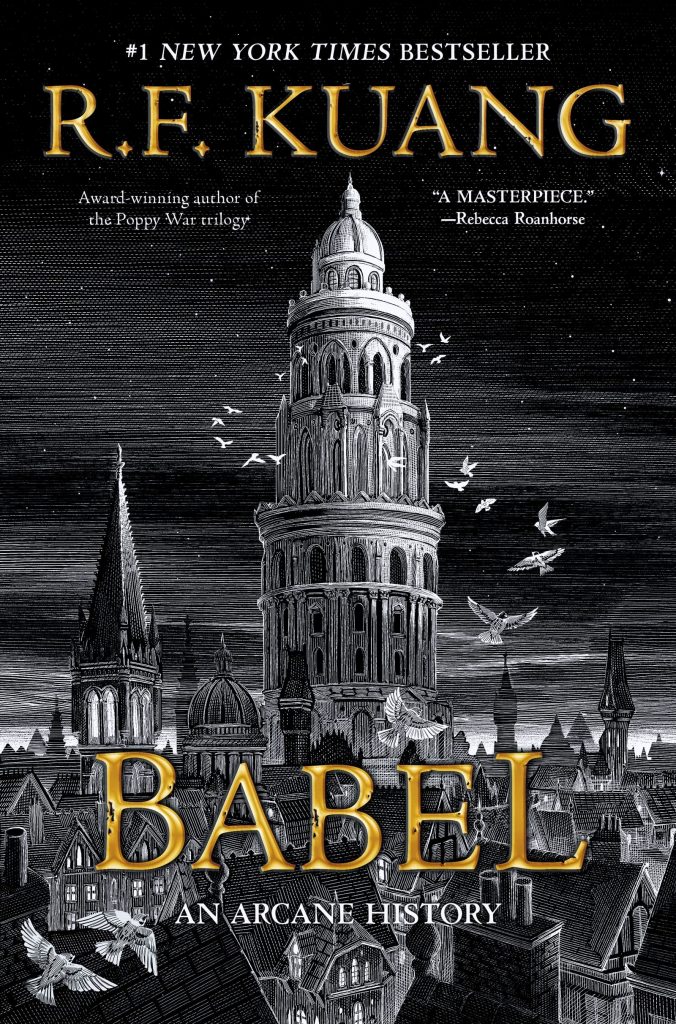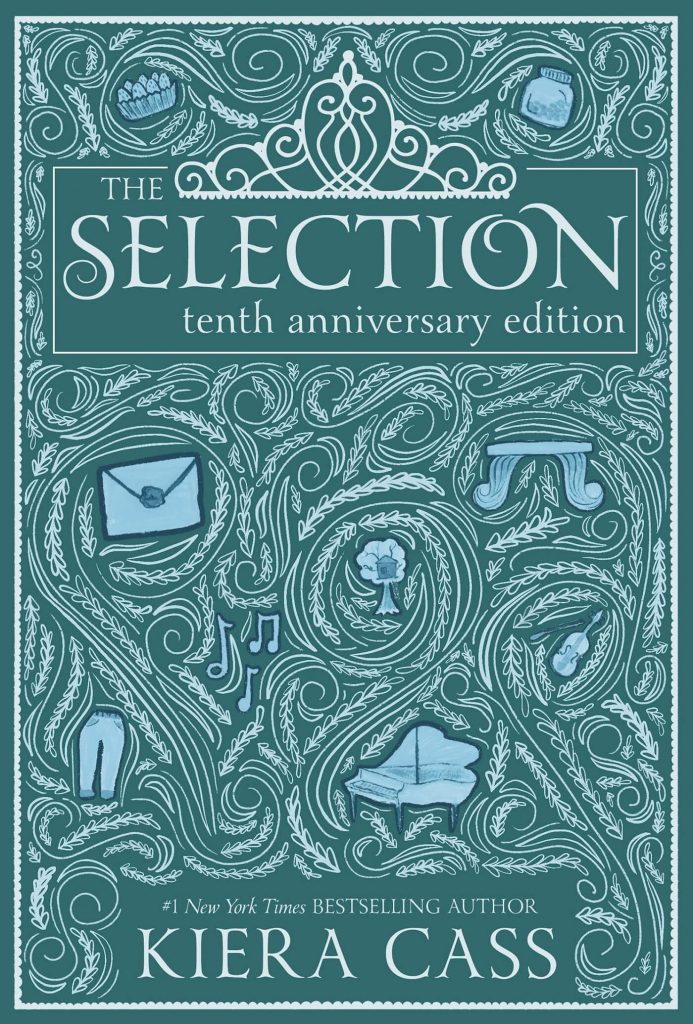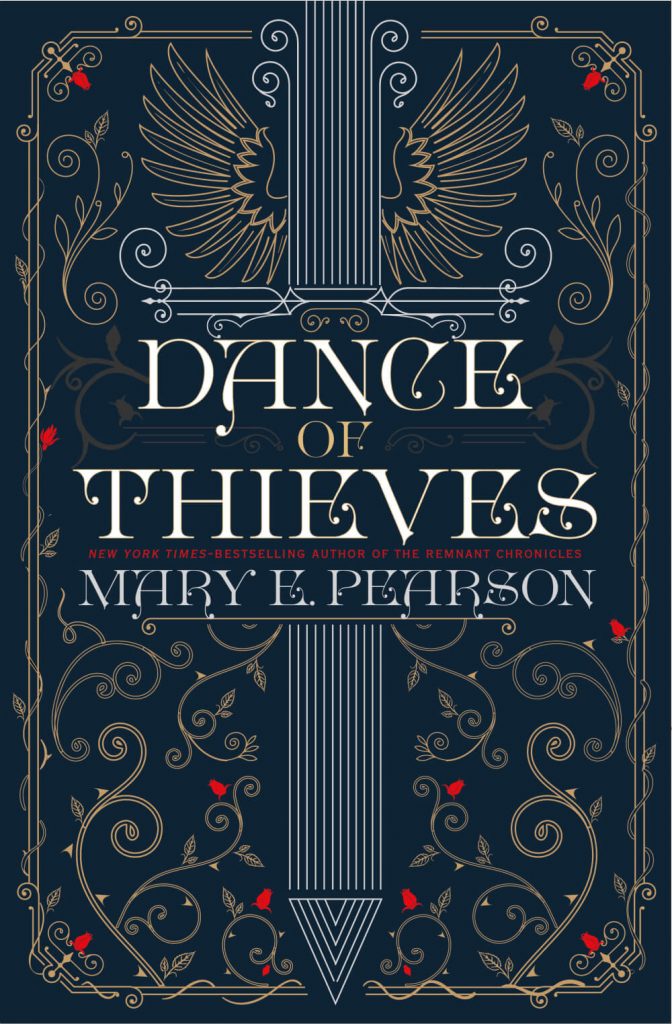Author: Margaret Atwood
Genre: Dystopian Fiction, Feminist Literature
Published: 1985
Rating: ★★★★★ – 5/5
“Nolite te bastardes carborundorum.”
– The Handmaid’s Tale by Margaret Atwood
I put off reviewing The Handmaid’s Tale for a long time—not because I didn’t have thoughts, but because how do you even begin to review a book like this? It’s haunting, harrowing, and deeply human. Margaret Atwood crafts a world that feels far too possible for comfort, and that’s what makes this story linger long after you’ve finished the last page.
Set in the theocratic regime of Gilead, where women are stripped of their rights and reduced to their reproductive roles, the story follows Offred, a Handmaid assigned to bear children for a high-ranking Commander. But beneath the rigid rules, quiet resistance simmers. And that—the persistence of rebellion, even in the smallest ways—is what makes this book so powerful.
This isn’t just a dystopia designed to scare. It’s a story about survival, solidarity, and the defiant hope that some part of the human spirit will always refuse to be crushed. It’s terrifying, yes—but it’s also deeply moving.
– Offred –
Offred isn’t a rebel in the traditional sense—she’s quiet, observant, and sometimes even complicit in her own survival. But her resistance is subtle, simmering beneath the surface in memories, small acts, and unspoken defiance. She’s not perfect, and that’s what makes her real. Through her, Atwood explores the psychological weight of living under oppression without turning her into a one-dimensional martyr.
– Serena Joy, The Commander, and Others –
The supporting characters are all shades of complicity and survival. Serena Joy is bitter, complex, and ironically bound by the very system she helped create. The Commander is chilling in his casual justification of horror. Even characters like Moira and Ofglen show how rebellion takes many forms—loud, quiet, desperate, and brave.
– My Honest Review –
The Handmaid’s Tale gutted me in the best way. It’s not an easy read—it’s not supposed to be. But it’s one of the most important stories I’ve ever read. What struck me most wasn’t just the dystopian horror, but the reminder that even in the darkest systems, there will always be those who resist, who look out for each other, who remember who they were.
Also, a quick shout-out to The Handmaid’s Tale sequel, The Testaments. Not nearly as many people know about it, but it deserves to be read. It expands the world in a meaningful way, gives voice to new perspectives, and deepens the themes of resistance and accountability. I thought it was also incredibly powerful—and surprisingly hopeful.
Happy reading!



